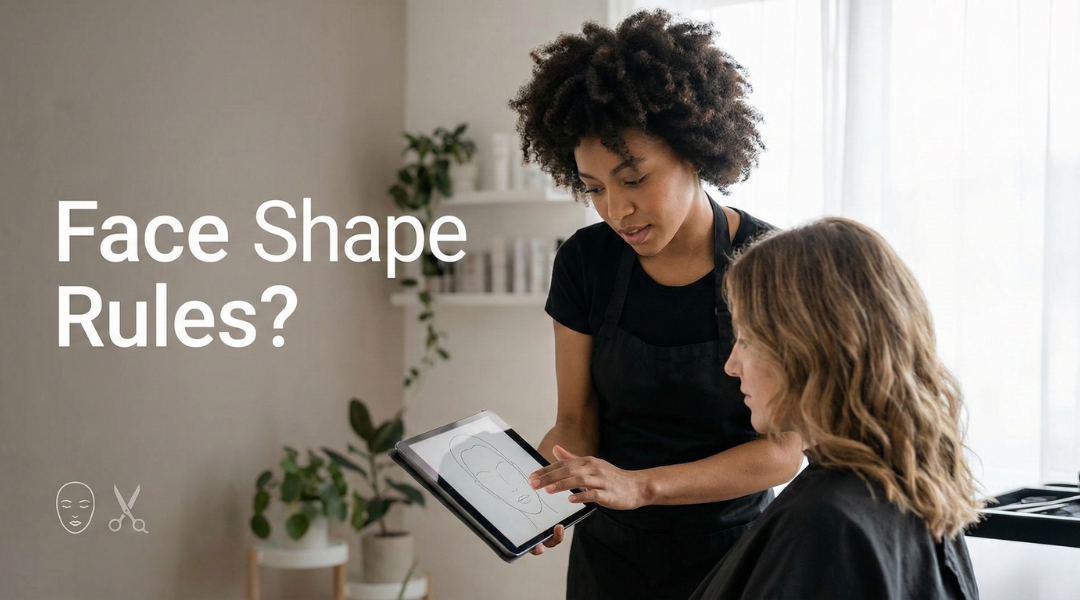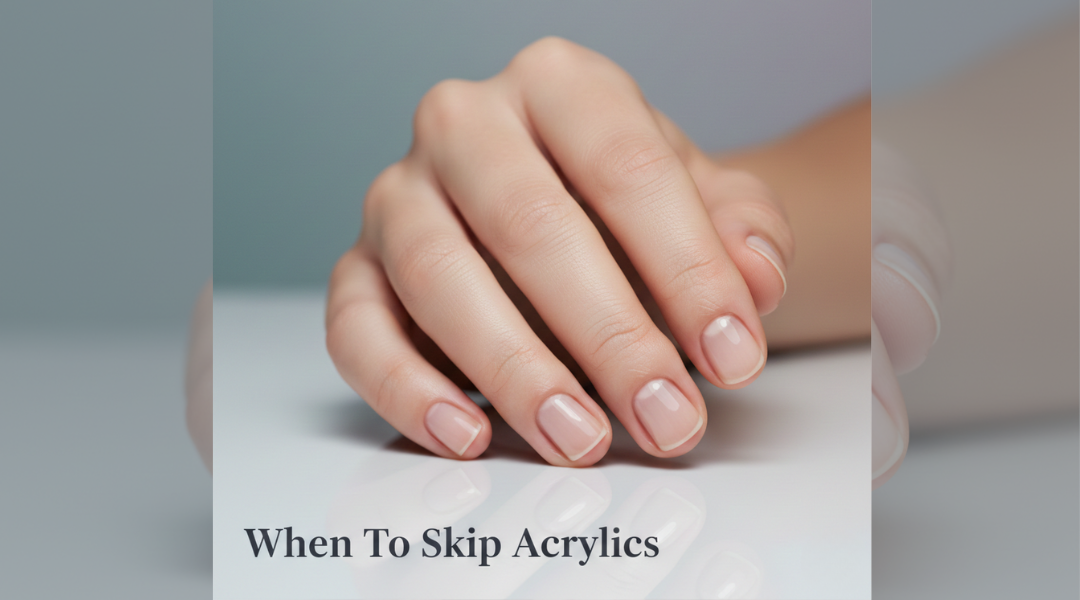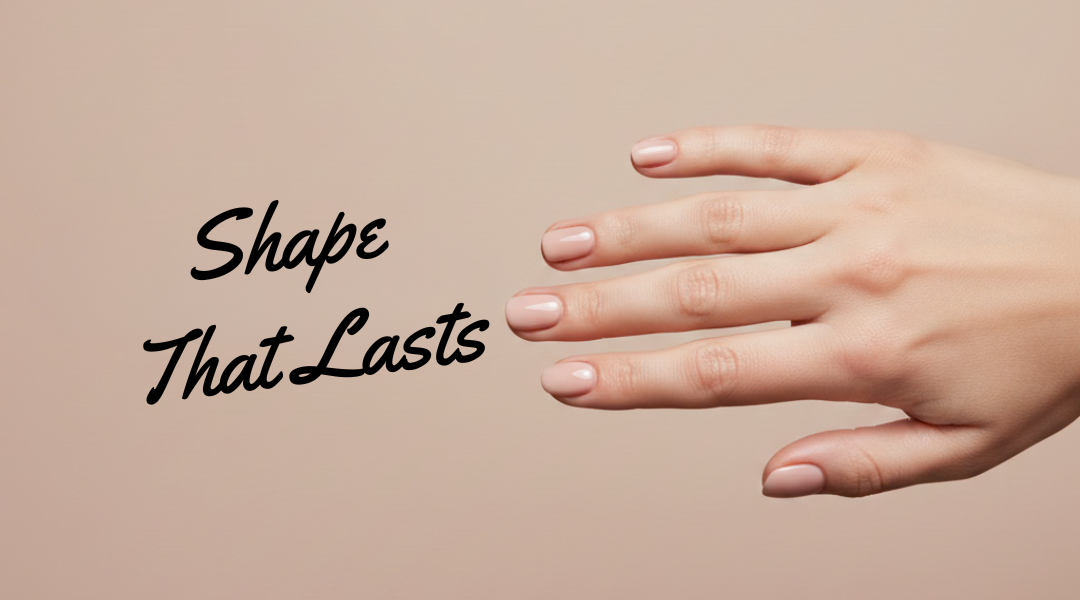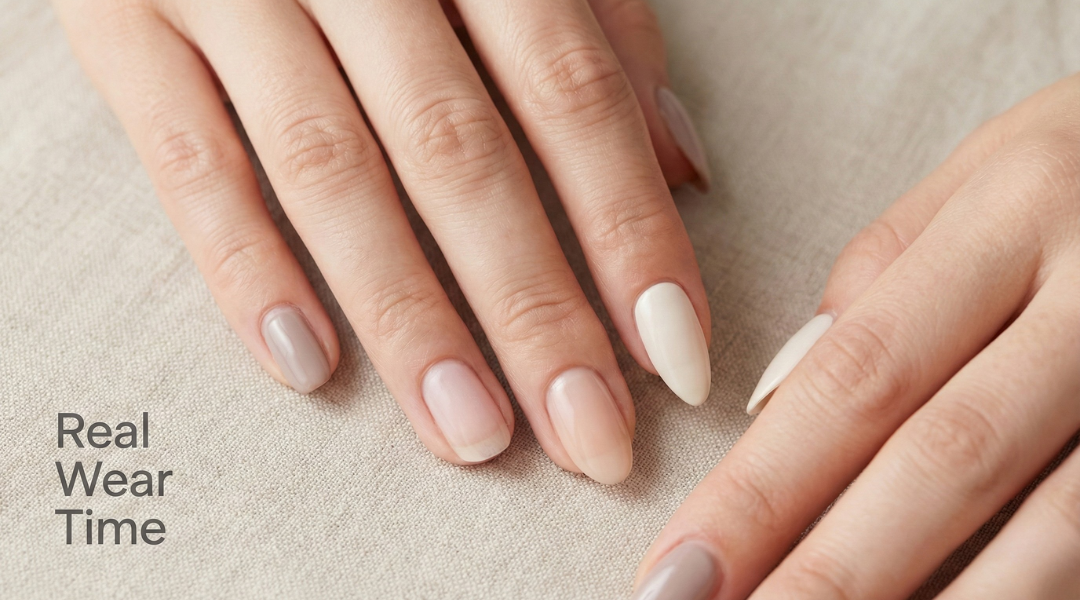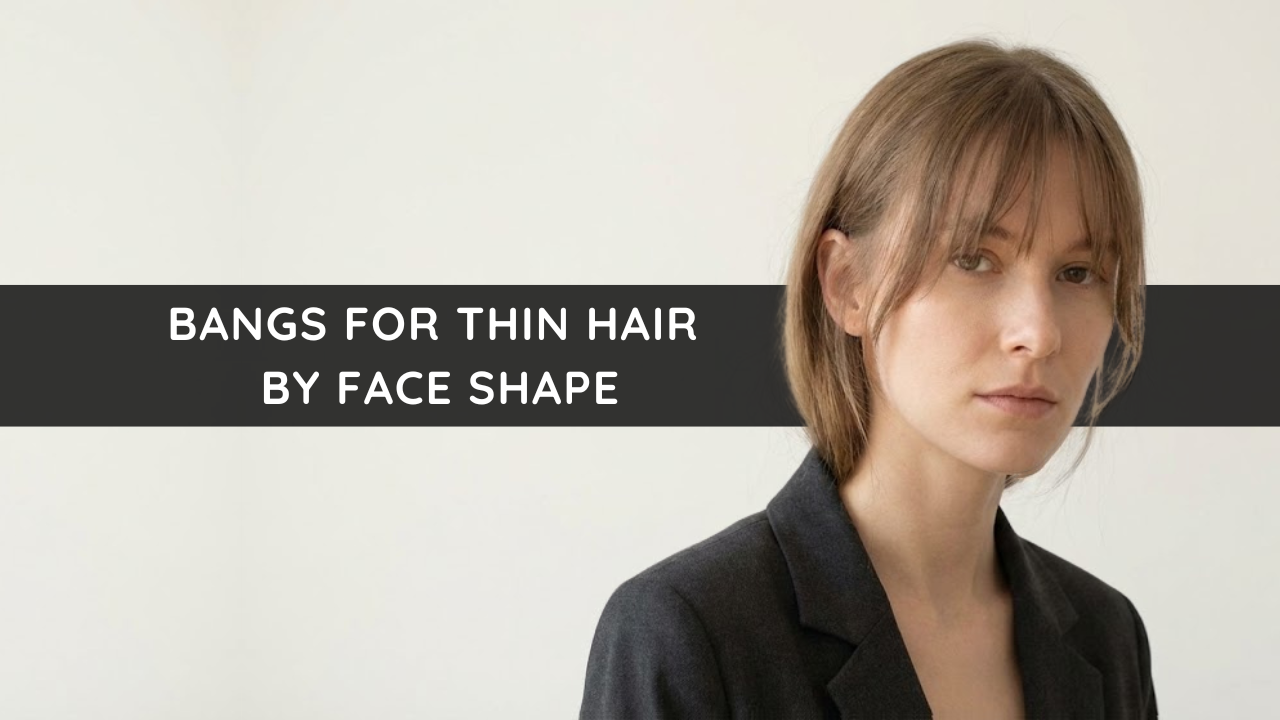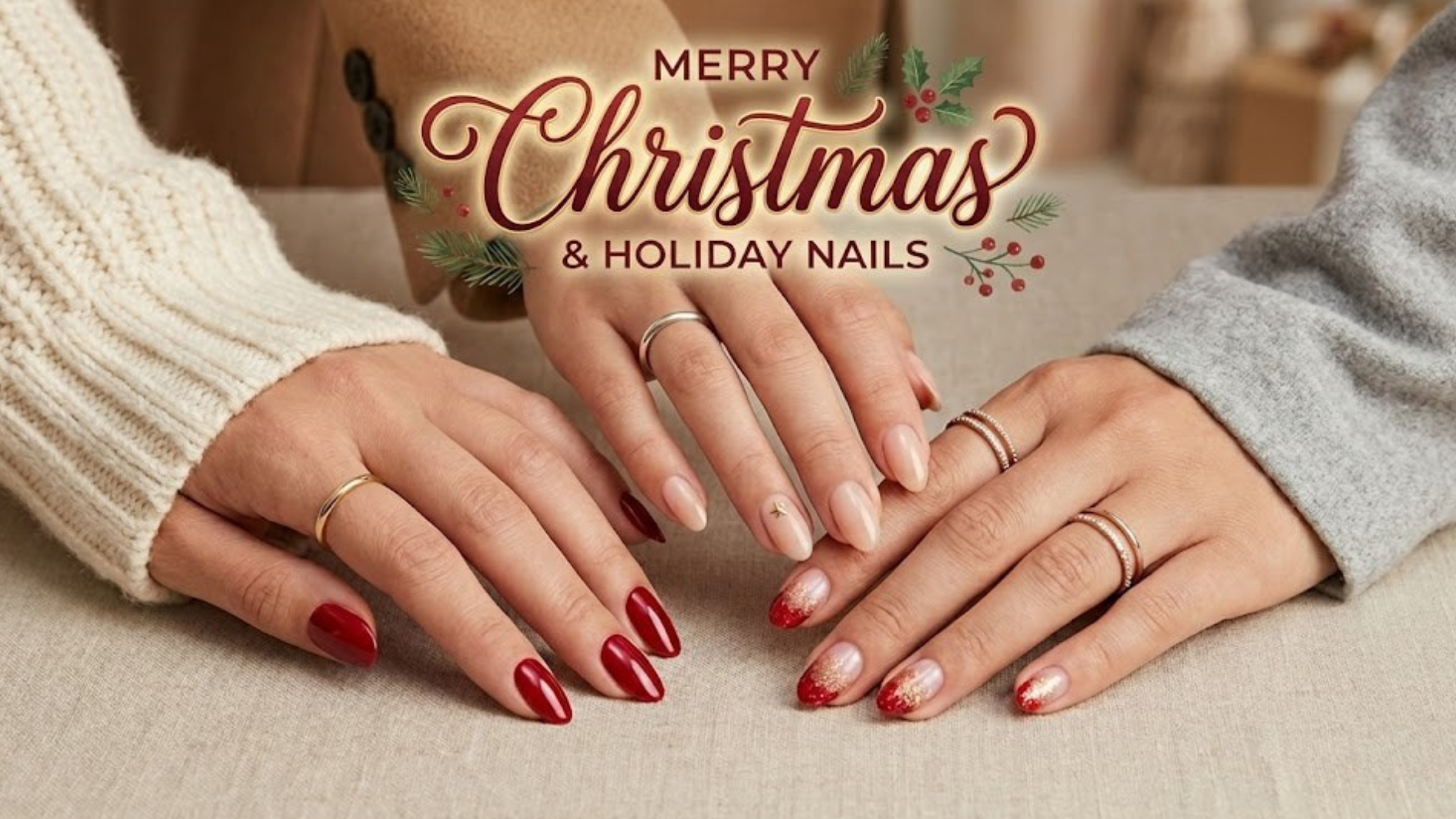Perm Aftercare: Expert Tips to Keep Your Curls Healthy and Bouncy
- Written by: Talia Brooks
- Reviewed by: Riley Lane
- Updated: February 3, 2026
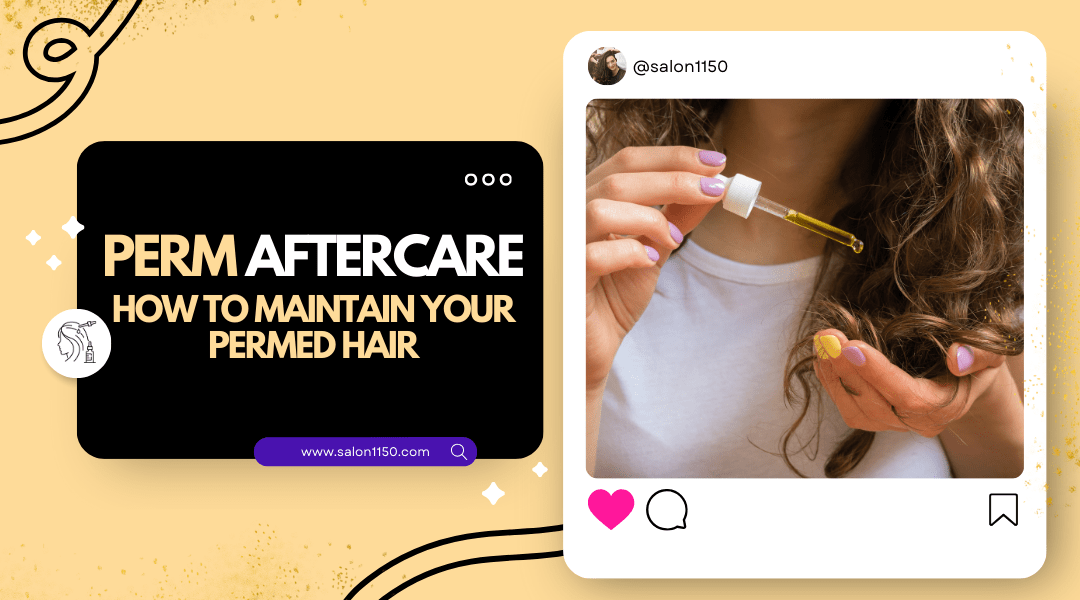
Perm aftercare is the crucial routine you follow after getting a perm to keep your curls looking vibrant, defined, and healthy. Just like any chemical treatment, perms require special attention to ensure your hair remains nourished, frizz-free, and retains its shape for months. By following the right aftercare steps—such as using the right products, avoiding heat damage, and hydrating regularly—you can ensure that your curls stay bouncy and smooth.
Why Perm Aftercare Matters: The Science Behind Curls
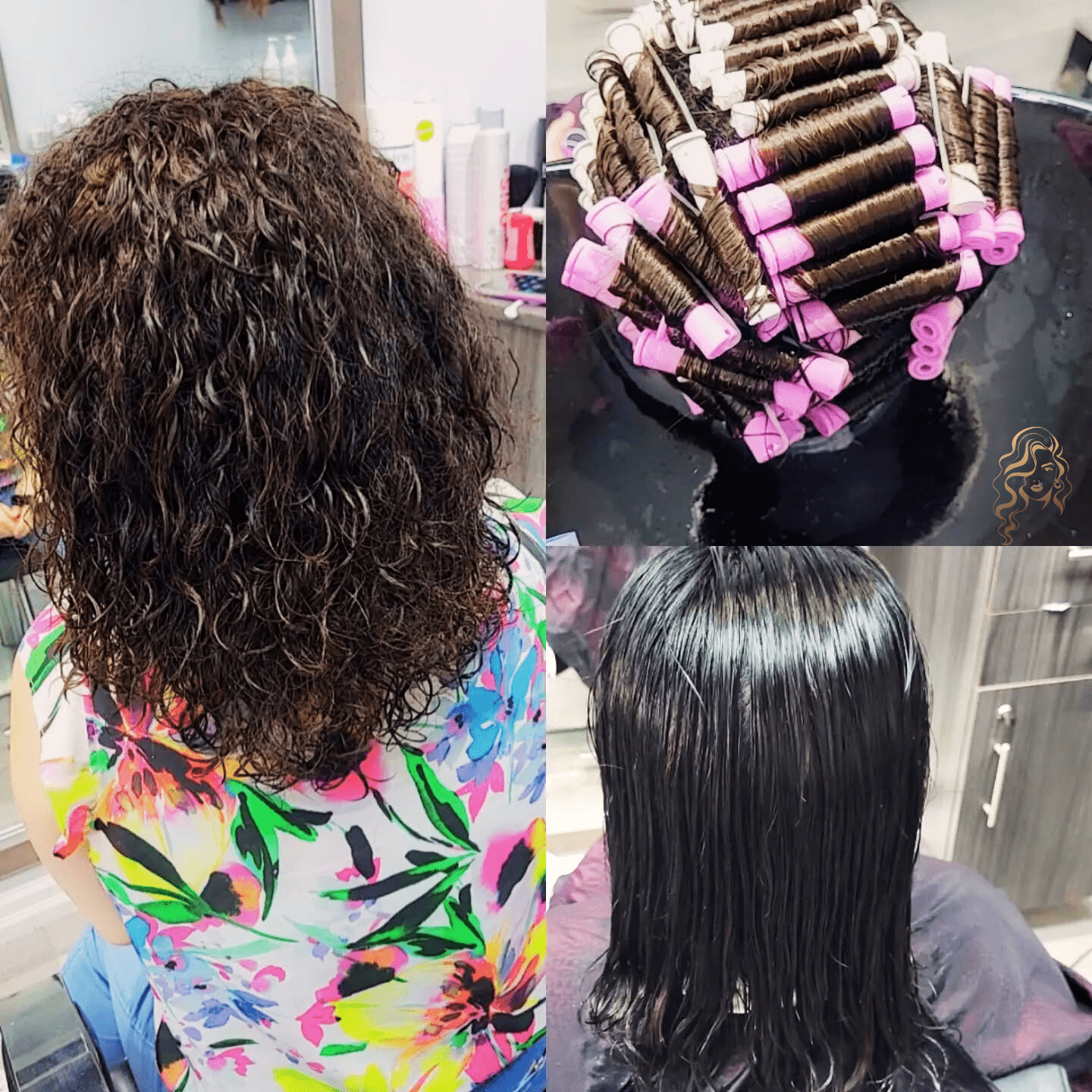
@sam.hairsalon.barber
Getting a perm transforms your straight hair into luscious curls or waves by chemically altering the structure of your hair’s protein bonds. After a perm, the hair is more delicate and requires specific care to prevent damage, dryness, and frizz. Without proper aftercare, your curls can lose their definition, turning into limp waves or frizzy chaos.
Not sure what to do day by day?
✨ Get Your Personalized Perm Care Plan
Perm Care Scheduler
Your Perm Care Tips
Protecting Your Perm Starts on Day One
Getting a perm isn’t just a salon service—it’s a commitment. How you treat your hair in the days and weeks after your perm will determine how long your curls stay defined and healthy. Start with the basics:
- Avoid washing your hair for 48–72 hours post-perm.
- Don’t tie, pin, or tuck your hair behind your ears.
- Let your curls set completely before any manipulation.
This initial waiting period gives the hair’s new bonds time to stabilize, preventing premature curl relaxation.
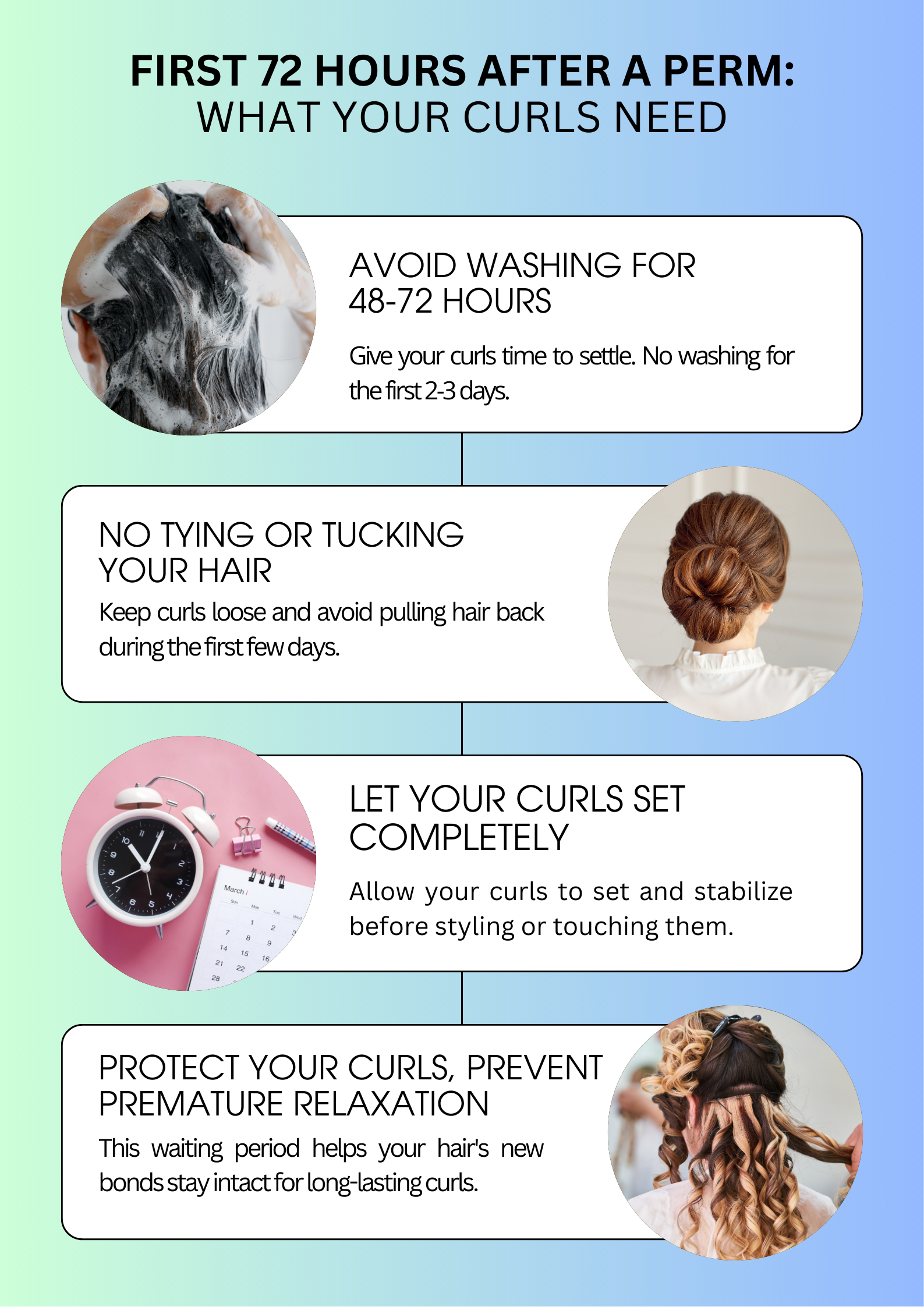
Washing Permed Hair: Best Practices and Frequency
How Often Should You Wash Your Permed Hair?
You should wash permed hair no more than twice a week to maintain moisture and prevent frizz. Over-washing can strip hair of essential oils, leading to dryness and loss of curl definition.
Tips for Washing Permed Hair:
- Wash 2-3 times a week to preserve natural oils.
- In between washes, rinse with water and apply a small amount of conditioner to refresh curls without fully washing.
How to Wash Permed Hair Properly
- Use lukewarm water—hot water can open the cuticle and cause frizz.
- Massage shampoo at the scalp, letting suds flow down the strands.
- Avoid rough scrubbing which can disrupt curl patterns.
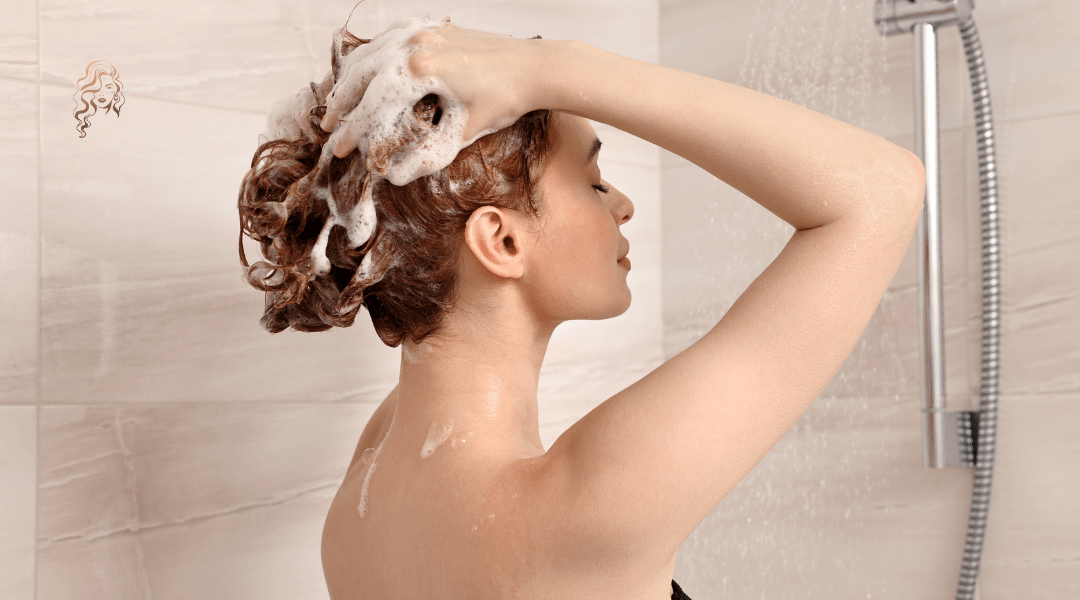
What Shampoo to Use After a Perm
Opt for a sulfate-free shampoo designed for curly or chemically treated hair. Look for formulas with:
- Argan oil
- Coconut milk
- Keratin
- Shea butter
Hydration Is Everything: Condition, Mask, Repeat
Hydration is essential not just for your skin but for your curls as well. Healthy, hydrated hair holds its curl pattern better and is less prone to frizz or breakage. But hydration doesn’t just come from products—it also comes from within.
- Use a rich conditioner every wash.
- Apply a deep-conditioning mask once a week.
- Leave-in conditioners are perfect for locking in hydration between washes.
For extra hydration, consider adding hair oils like argan oil, jojoba oil, or marula oil to your routine. These oils help seal in moisture while adding a healthy shine.
Tip: Use a humidifier during winter months to combat dryness from the indoor heat, which can make curls frizzy and brittle.
Brushing and Styling Without the Damage
Avoiding excessive heat is one of the most important rules for maintaining healthy permed hair. Heat styling tools, like flat irons and curling irons, can weaken the hair structure and cause curls to lose their shape.
Styling without heat:
- Air dry your hair or use a microfiber towel to reduce frizz.
- If you must use heat tools, apply a heat protectant spray first.
- Stick to diffusers over blow dryers for better curl definition.
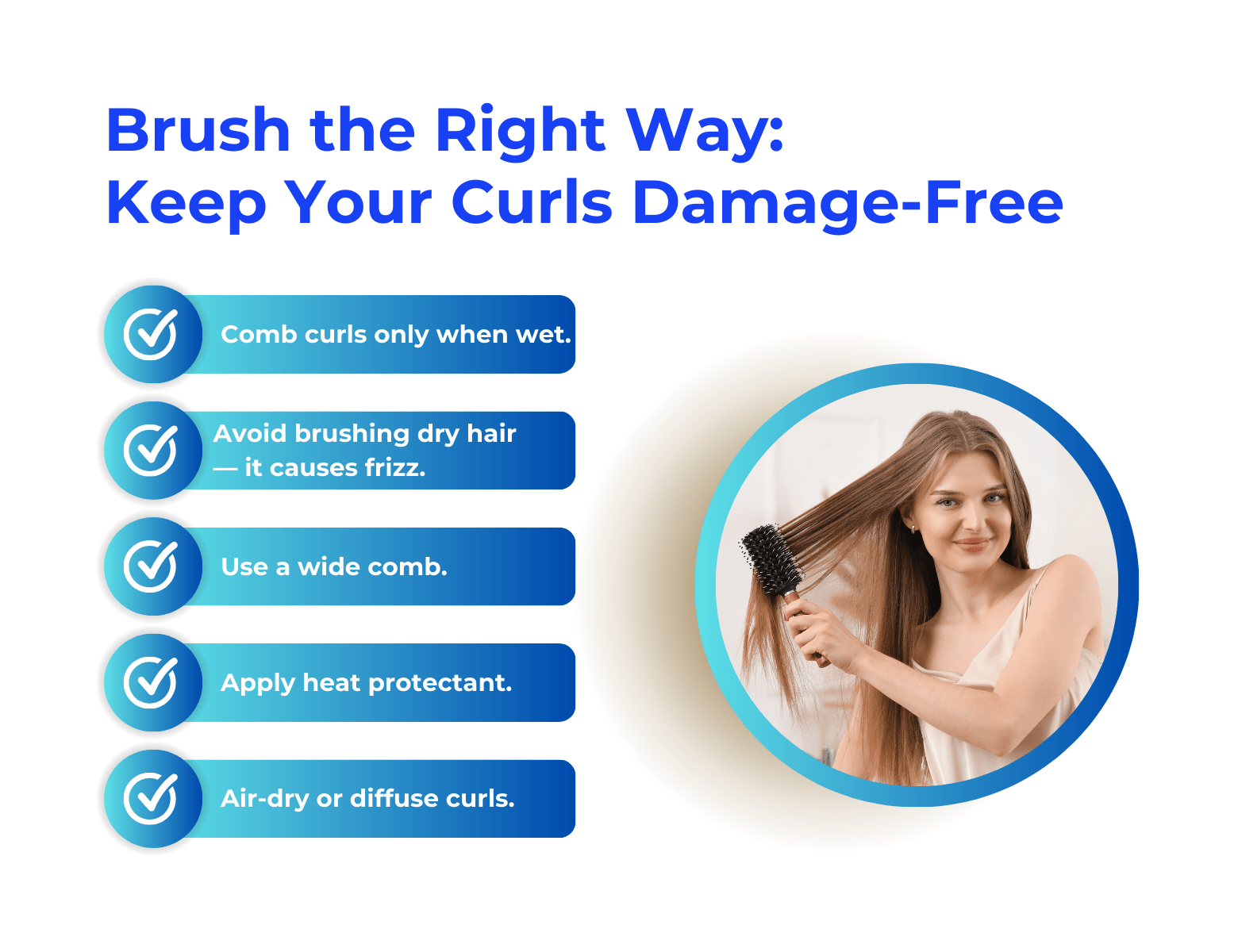
If you absolutely need to use heat for special occasions, make sure to apply a heat protectant spray beforehand to minimize damage.
Tip: Instead of drying your hair completely, let it air-dry until it’s about 80% dry, and then finish off with a blow-dryer using the diffuser attachment on low heat for soft, defined curls.
Can I Brush Permed Hair?
Yes—but with caution. Never brush your permed hair when it’s dry. Instead:
- Use a wide-tooth comb or fingers when hair is wet and conditioned.
- Detangle from ends to roots, not the other way around.
- Avoid fine-bristle brushes that pull and break curls.
Top Products for Long-Lasting Perm Results
The first step in your perm aftercare routine is using the right shampoo. Unlike regular shampoos, which can strip moisture and disrupt your curls, perm-friendly shampoos are specially designed to protect and hydrate permed hair.
| Product Type | What It Does | Pro Tip |
|---|---|---|
| Sulfate-Free Shampoo | Gently cleans without stripping moisture | Use twice a week max |
| Moisturizing Conditioner | Keeps curls hydrated and manageable | Rinse with cool water |
| Curl Cream or Mousse | Enhances curl shape and hold | Apply to damp hair |
| Anti-Frizz Serum | Fights frizz, adds shine | Great for humid days |
| Leave-In Conditioner | Adds extra hydration throughout the day | Focus on mid-lengths to ends |
Fixing Frizz and Curl Loss: Quick Rescue Tips
Frizzy curls are a common concern, but don’t worry—frizz can be managed with the right approach. If you’re dealing with frizzy permed hair, here’s how to fix it:
- Avoid touching your curls throughout the day, as this can disrupt the curl pattern and cause frizz.
- Use anti-frizz serums or oils on damp hair to smooth the cuticle and add shine.
For quick fixes, try applying a moisturizing curl cream or leave-in conditioner to rejuvenate your curls mid-day.
Extra Tips for Long-Term Perm Maintenance
- Avoid chlorine and saltwater—always wear a swim cap or rinse immediately after swimming.
- Limit chemical treatments like coloring within 4–6 weeks of a perm.
- Protect your curls while you sleep with a loose bun or silk scarf.
Frequently Asked Questions
Can I color my hair after getting a perm?
Yes, wait at least 2–3 weeks before coloring permed hair. This allows your strands to recover from the chemical processing and prevents excessive dryness or damage.
Can I swim in a pool or ocean with a fresh perm?
Avoid swimming for at least 48 hours after a perm to let the curl pattern fully set. Early exposure to chlorine or saltwater can weaken the results. If you swim later, wear a swim cap and rinse with fresh water immediately afterward to protect your curls.
When can I get my next perm?
Wait 3–6 months before getting a new perm. This gives your hair time to recover and prevents over-processing or breakage from frequent chemical exposure.
How do I sleep with permed hair to avoid frizz?
Use a silk or satin pillowcase, or wrap your hair in a silk scarf. You can also loosely braid or pineapple your curls to preserve their shape overnight.
Do perms permanently damage your hair?
No, perms aren’t permanently damaging when properly done and maintained. However, over-processing or poor aftercare can lead to dryness, breakage, or frizz.
What are signs my perm is over-processed?
Signs of an over-processed perm include excessive dryness, brittle or straw-like texture, breakage, uneven curl pattern, and lack of shine. Your hair may feel rough, frizzy, or hard to detangle. If these symptoms appear, deep conditioning and protein treatments can help restore some moisture and strength.
Conclusion
With the right perm aftercare routine, you’ll keep your curls healthy, defined, and frizz-free for months. Focus on hydration, gentle washing, and protective products to make your perm last longer.
To maintain long-lasting, frizz-free curls, consistency is key. Choose your aftercare products wisely and treat your hair gently every step of the way.
Want personalized product tips or styling help? Book a consultation with our curl care experts today and keep your curls bouncing beautifully.
Curious about the different types of perms? Explore our guide to the most popular perm styles.

